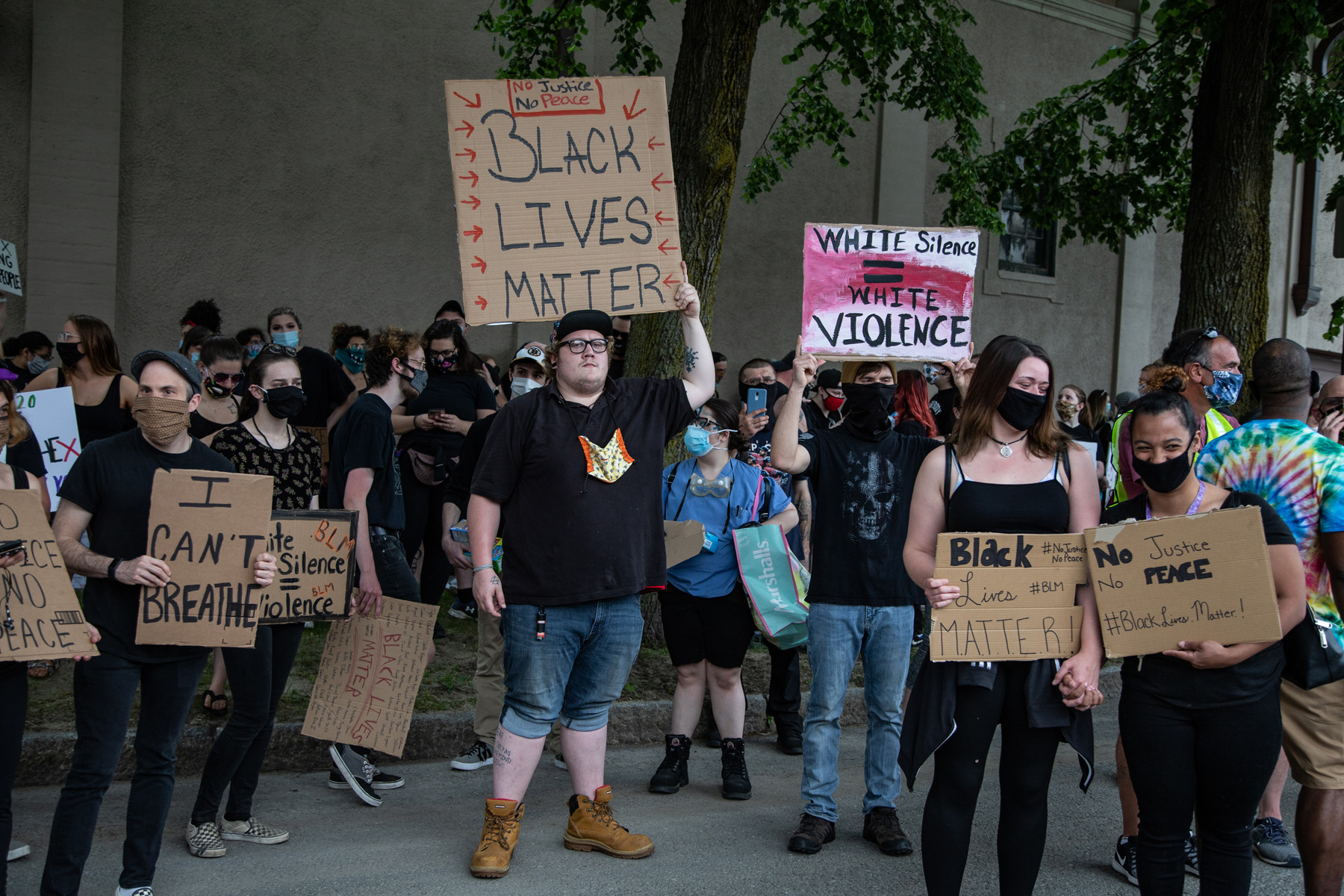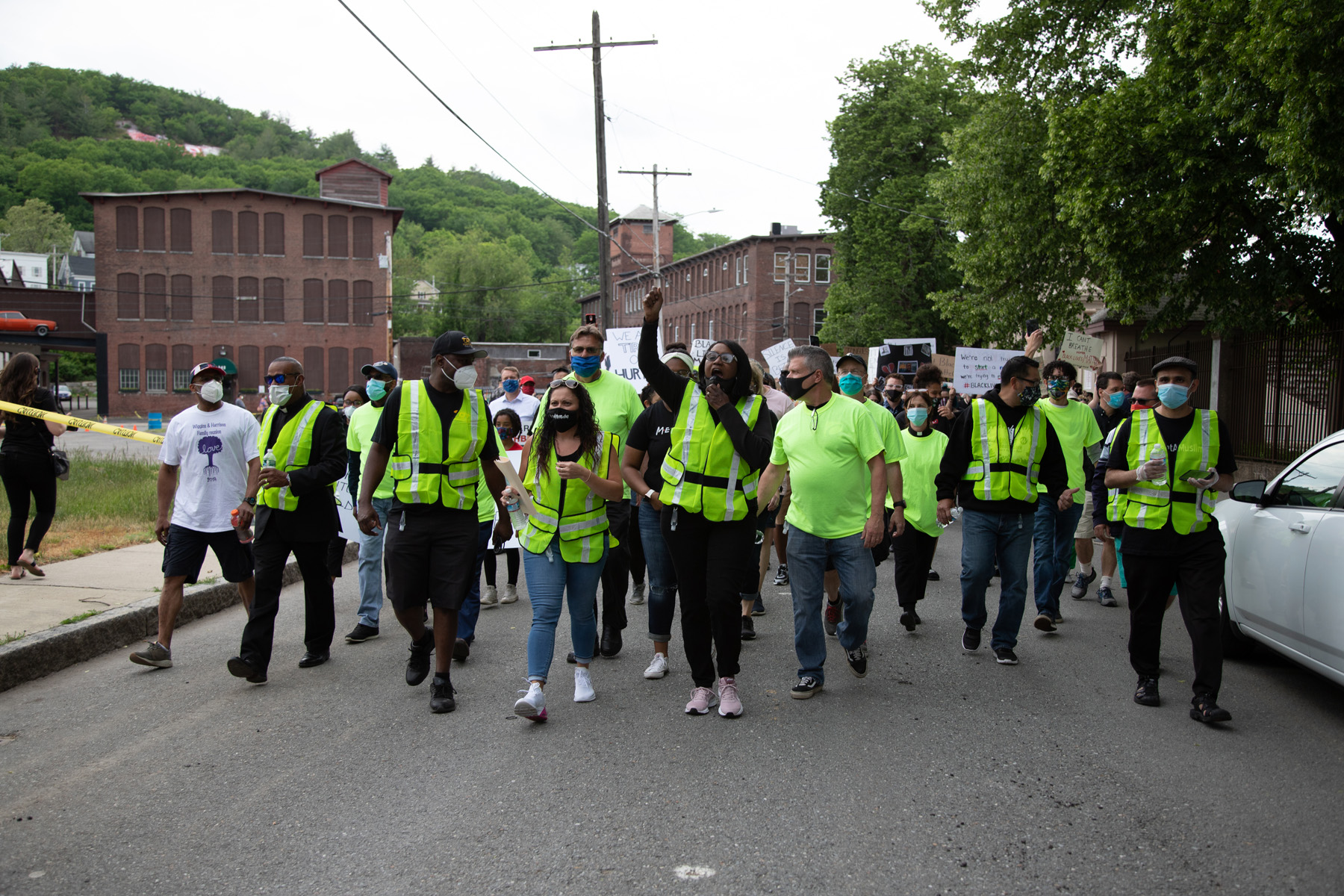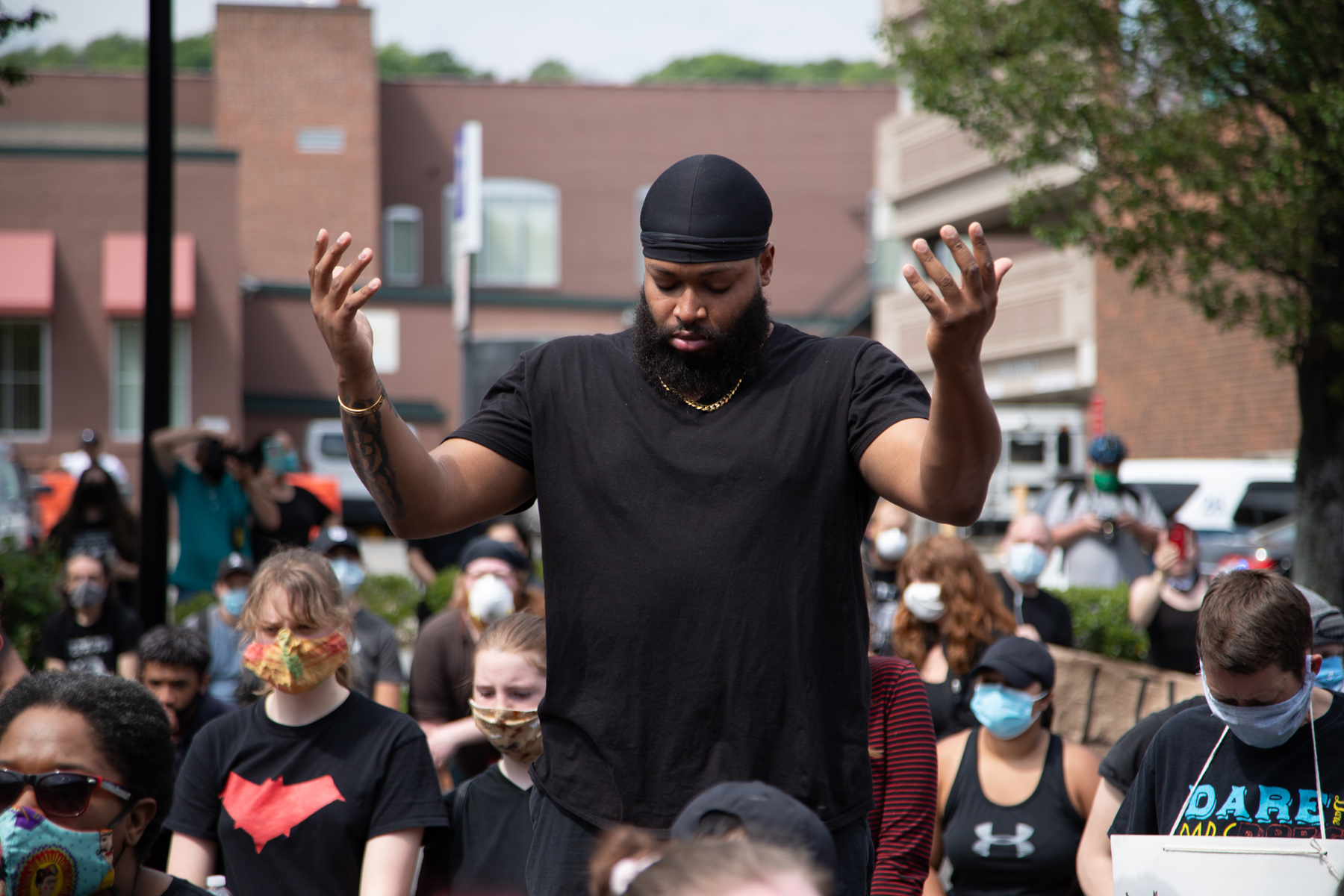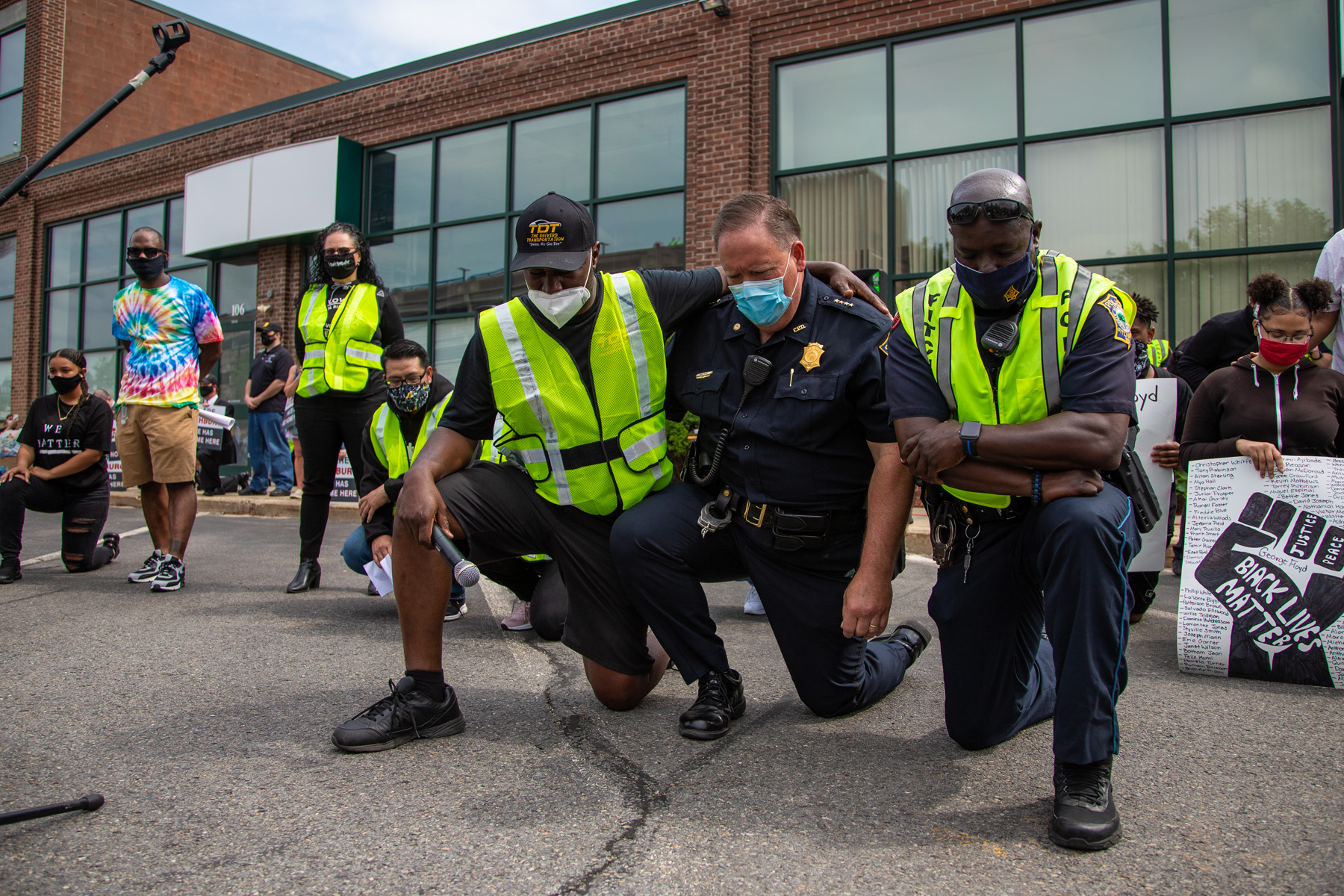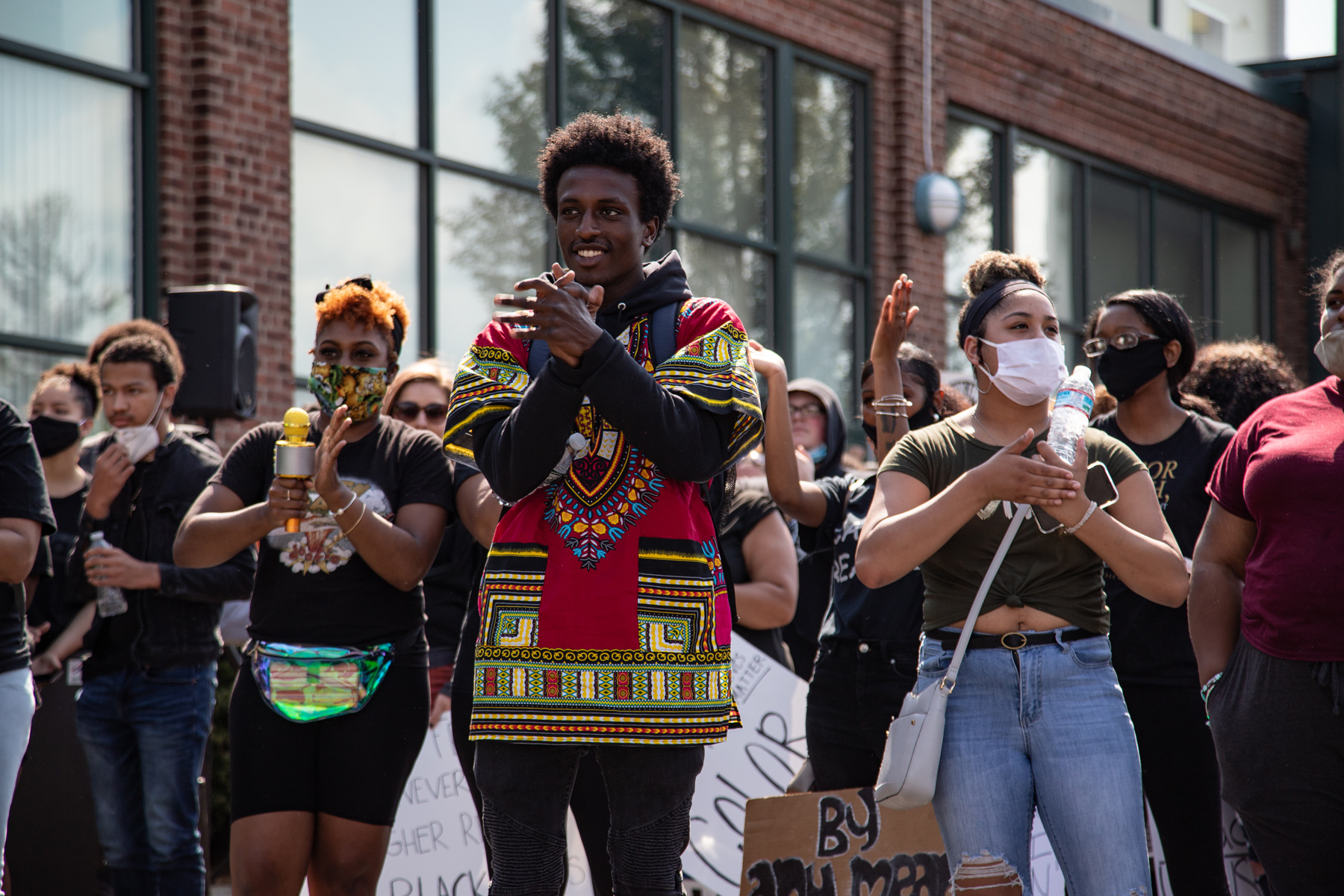Senate Passes Legislation to Collect Vital Public Health Data, Establish a COVID-19 Diversity Task Force
Addresses disparate impact of the COVID-19 on underserved and underrepresented populations
(BOSTON) Senator Anne Gobi (D-Spencer) and The Massachusetts State Senate on Thursday passed bipartisan legislation to promote equity and transparency as the Commonwealth continues to confront the COVID-19 pandemic.
The bill, An Act Addressing COVID-19 Data Collection and Disparities in Treatment, will increase the amount of statewide, publicly available data as it relates to the coronavirus. The legislation also establishes a task force to study and make policy recommendations to address health disparities for underserved and underrepresented communities during the pandemic. The bill advanced to the governor.
“Overcoming the challenges of gaps in treatment and access to health care has been exacerbated by the coronavirus pandemic,” said Senator Gobi. “With bipartisan support we’ve passed a bill that will help close those gaps while informing our future decisions to prevent inequalities from happening in the first place.”
Under the bill, the Department of Public Health (DPH) is required to compile, collect and issue daily online reports on the number of people tested for COVID-19, positive cases, hospitalizations and deaths along with the gender, race, ethnicity, primary residence, occupation, disability, age and primary language of each case.
To ensure a comprehensive understanding of cases statewide, the legislation also requires that daily reports include data and demographic information from municipalities and counties with more than 25 positive cases, elder care facilities, as well as state and county correctional facilities. Facility-specific information will be made publicly available while maintaining individual privacy. In addition to requiring greater data collection, the bill requires the Executive Office of Health and Human Services to describe the actions it is taking to address disparities identified through the data collected.
In response to increasing concerns about the disproportionate impact of COVID-19 on communities of color and disproportionately impacted populations, the legislation also establishes a task force to study and make policy recommendations for how to address these health disparities. The task force is required to issue an interim report by June 30, 2020, with a final report due August 1, 2020.
The bill, which is the latest action by the Senate to address the COVID-19 public health crisis and its effects on Massachusetts, now advances to the governor’s desk.
During the COVID-19 pandemic Senator Gobi and her staff remain available to assist any constituents in need of help. Her chief of staff may be reached at William.Loosemore@MAsenate.gov, or you can leave a message at (617) 722-1540 and the office will be in touch.
Audit Recommends Improvements to Waitlist and Attendance Monitoring at Department of Elementary and Secondary Education’s Adult Education Providers
Boston, MA – In an audit released today of the Department of Elementary and Secondary Education (DESE), State Auditor Suzanne M. Bump identified weaknesses in its new systems to administer access to and operation of adult education (AE) programs. Areas singled out for improvement included maintenance of waiting lists, accuracy of attendance records and monitoring visits at AE providers. The audit examined the period of July 1, 2018 through June 30, 2019.
“The Commonwealth’s adult education program provides these learners ways to improve their lives and those of their families, and has wider community and economic benefits. We all benefit from a robust adult education system. Our finding recommends specific ways to get the most from DESE’s new system,” Bump said of the audit. “I commend the agency for responding thoughtfully and resolutely.”
Bump’s office reviewed attendance records for 60 AE courses and found inaccuracies in 59 of them, including instances of students who were recorded as absent but were present and students who were recorded as present but were actually absent. In its response, DESE points to a transition between data systems as the source of this issue and indicates it is taking steps to resolve it. The audit notes AE program funding is awarded based on student attendance, and without accurate attendance data, DESE cannot ensure equitable distribution of funding to AE providers.
Additionally, the audit showed DESE did not ensure waitlist information tracked by third-party AE providers was complete, accurate, and up to date. The audit notes this could prevent interested students from accessing AE programs and could result in ineffective planning and assessment of demand. DESE indicated the same transition between data systems was the source of this issue and committed to addressing it. A 2014 audit of DESE found similar issues related to waitlists for charter schools.
Finally, the audit found the agency did not always perform regularly scheduled site visits for AE providers and did not consistently follow its risk-based approach for scheduling these provider monitoring visits.
The AE program offers free educational assistance to Massachusetts residents who are 16 years and older and who are not enrolled in high school. Students can access education services ranging from basic literacy and math courses, as well as English for speakers of other languages, to high school equivalency and college and career readiness skills. The AE program is delivered by independent providers. Providers include community-based organizations, religious institutions, local governments (through their school systems), and correctional facilities. The program is funded by both state and federal grants administered by DESE. During our audit period, DESE granted $39,927,932 to AE providers; $30,019,765 of this consisted of state appropriations and $9,908,167 consisted of federal appropriations.
As of June 30, 2019, DESE had 414 employees and had state appropriations of approximately $5.6 billion and federal appropriations of approximately $1 billion.
The full audit report is available here.
Project New Hope Receives Donation for Veterans and Military Families
WORCESTER—On May 26, Padraic Rafferty, Associate Attorney at Eden Rafferty Attorneys at Law, and candidate for Massachusetts Governor’s Council, visited Project New Hope in Worcester to deliver a $500 donation. Rafferty was joined by Sterling resident and US Army veteran Fionuala Dullea, who donated a large quantity of baby supplies, including diapers, formula, and hygiene products.
Project New Hope was founded in January 2011 by Bill Moore, a disabled US Air Force veteran and former social worker. Project New Hope serves all six New England states, and helps veterans transition from military to civilian life, and to create mutual support networks and camaraderie among veterans, wounded warriors and military families.
“These donations mean more to Project New Hope than I can say,” said Moore. “We have a lot of military families with disabilities, and they’re struggling. They are often reluctant to ask for help. They’re the first to offer help, but the last to ask for it. What we offer is a hand up, not a handout.”
In addition to a food pantry, Project New Hope offers supplies for children from newborn through toddler. All items are brand new, including clothing donated by Carter’s, a major American designer of children’s apparel.
“The donation of diapers is huge for us,” said Moore. “Diapers and formula are so expensive, which can pose a real hardship for families, especially when there’s a disability. I know our military families will be as grateful as I am for these generous donations.”
Padraic Rafferty is an attorney and candidate for Massachusetts Governor’s Council. He became aware of the need among veterans and military families through his association and friendship with Dullea, a US Army veteran. “It’s an honor to be here at Project New Hope and to hear about the enormous service they’re providing to veterans and active military families,” he said. “As the father of a one-year-old, I’m hugely aware of not only the joys of parenthood, but of the significant expense involved. I’m delighted to help this wonderful organization.”
Massachusetts will hold an election for all eight seats on the Governor’s Council on November 3. The primary is scheduled for September 1. The Massachusetts Governor's Council is a governmental body that provides advice and consent in certain matters, such as judicial nominations, pardons, and commutations, to the Governor of Massachusetts. In addition to the regular court system, there are six specialized courts in Massachusetts that are dedicated to veterans’ issues, with the goal of reducing incarceration and recidivism rates among veterans, while helping them to address mental health, substance abuse, and other issues they may face.
For more information about Project New Hope, visit www.ProjectNewHopeMA.org.
For more information about Padraic Rafferty, candidate for Massachusetts Governor’s Council, visit a href="https://www.facebook.com/VoteRafferty/" target="_blank">www.facebook.com/VoteRafferty/.

